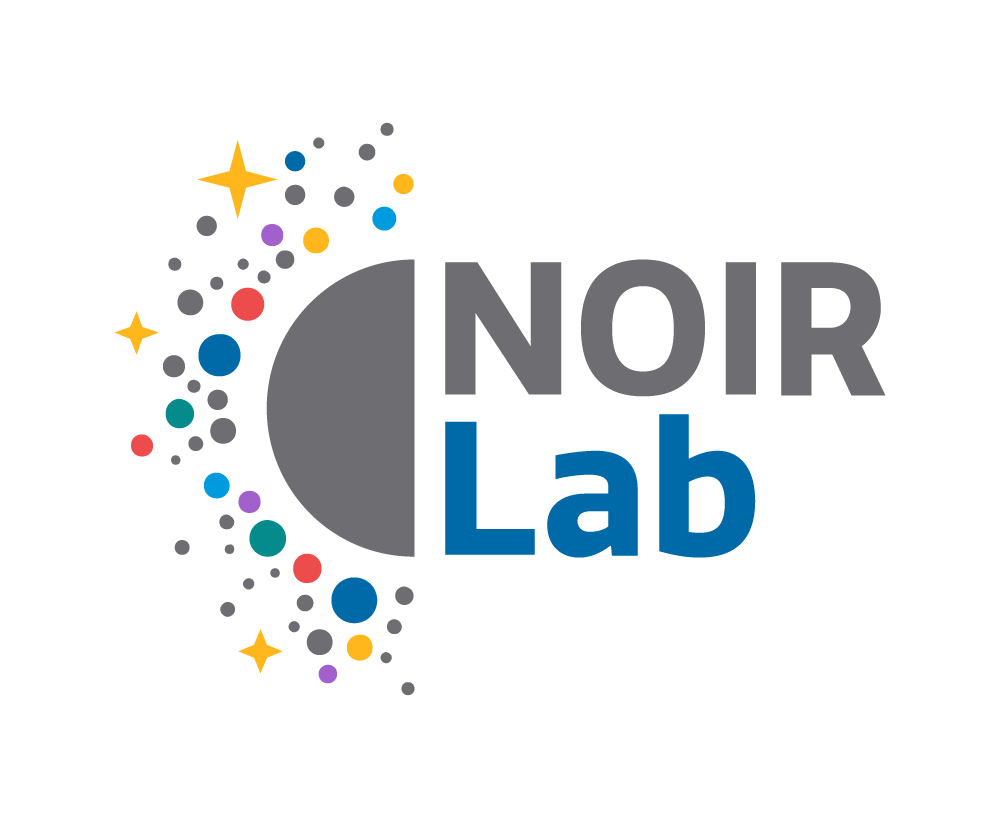Night Sky: July 2025
There will be plenty of celestial events for the skywatchers among us to observe this month. Get outside and take a look!
3 July 2025
While NOIRLab works to unravel the secrets of the Universe, you can start your own journey to explore the night sky right from your backyard. There are plenty of celestial events for skywatchers to observe every month. Below are some highlights. If you’d like to explore more on your own, we recommend Stellarium, which has a web interface and app.
Note: Never look directly at the Sun through binoculars or a telescope, or with your unaided eyes. Serious eye damage can occur.
Morning of 16 July: Moon and Saturn Conjunction (with bonus Neptune)
The Moon and Saturn will rise together after midnight and stay visible the rest of the night. If you have good binoculars or a telescope, you may be able to see the faint blue dot of Neptune between them. Use stargazing software to find its precise location.
Morning of 20 July: The Moon hangs out with the Pleiades (and covers it from Tucson)
Head outside the morning of 20 July to catch the Moon hanging out with the Pleiades (M45). As seen from Tucson, the Moon will occult several of the Pleiades’ brightest stars, creating a spectacular event to watch with binoculars or a telescope. The show begins shortly after 1:26 a.m. when the Moon covers the star Electra. Unfortunately due to parallax the Moon will not cover the Pleiades from Chile, and it will already be east of the Pleiades when the duo rises in Hawai'i.
Evening of 27 July: Moon and Mars conjunction
After sunset, Mars and the Moon will be very close to each other, and low on the horizon. They will set shortly thereafter.
Contacts
Jason Davis, jason.davis@noirlab.edu





